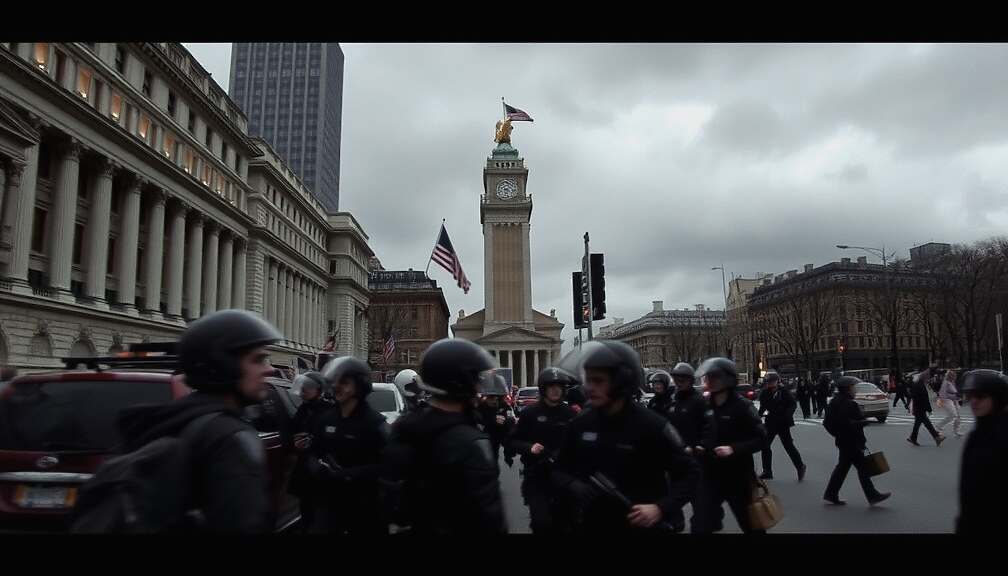The nation’s capital was shaken Wednesday by a shooting incident near the Farragut Metro Station that left two National Guard personnel critically injured. The incident, occurring in close proximity to the White House, triggered an immediate and visible intensification of security measures around the presidential residence.
President Donald Trump, in a written statement, declared the perpetrator of the attack – who sustained significant injuries themselves – would “pay a high price”. While the statement conveyed a forceful stance, it offered no immediate details regarding the individual’s motivations or potential affiliations. This lack of clarity has fueled speculation and amplified existing anxieties regarding security vulnerabilities within the city.
The shooting underscores a concerning trend in recent years, highlighting the persistent challenges in safeguarding sensitive areas even with substantial security infrastructure already in place. Experts are questioning whether the current protocols and risk assessments are adequate to address emerging threats, particularly given the heightened state of political tension and social unrest that has defined recent months.
Further complicating the situation is the absence of readily available information regarding the attacker’s background and the sequence of events leading up to the shooting. Law enforcement agencies are reportedly conducting a thorough investigation, emphasizing their commitment to identifying and apprehending anyone potentially involved, but a complete picture remains elusive.
The incident has also prompted renewed scrutiny of the integration of civilian and military personnel within the National Guard and whether adequate training and psychological support are provided to those stationed in high-risk environments. Critics are calling for a comprehensive review of security protocols and a more transparent approach to communicating potential threats to the public. The immediate focus remains on the well-being of the injured guardsmen and the pursuit of justice, but the long-term implications for national security are undoubtedly significant.












